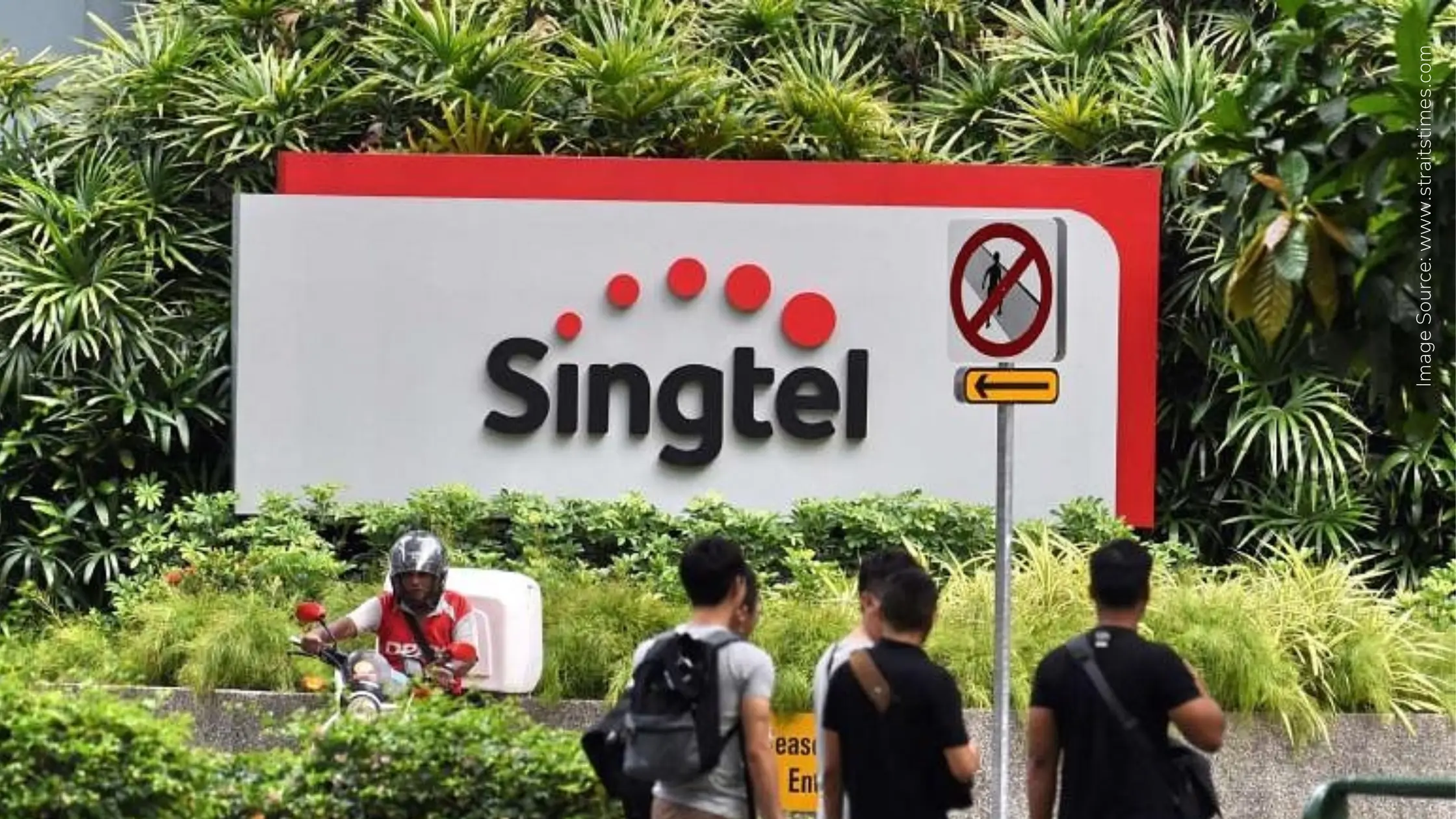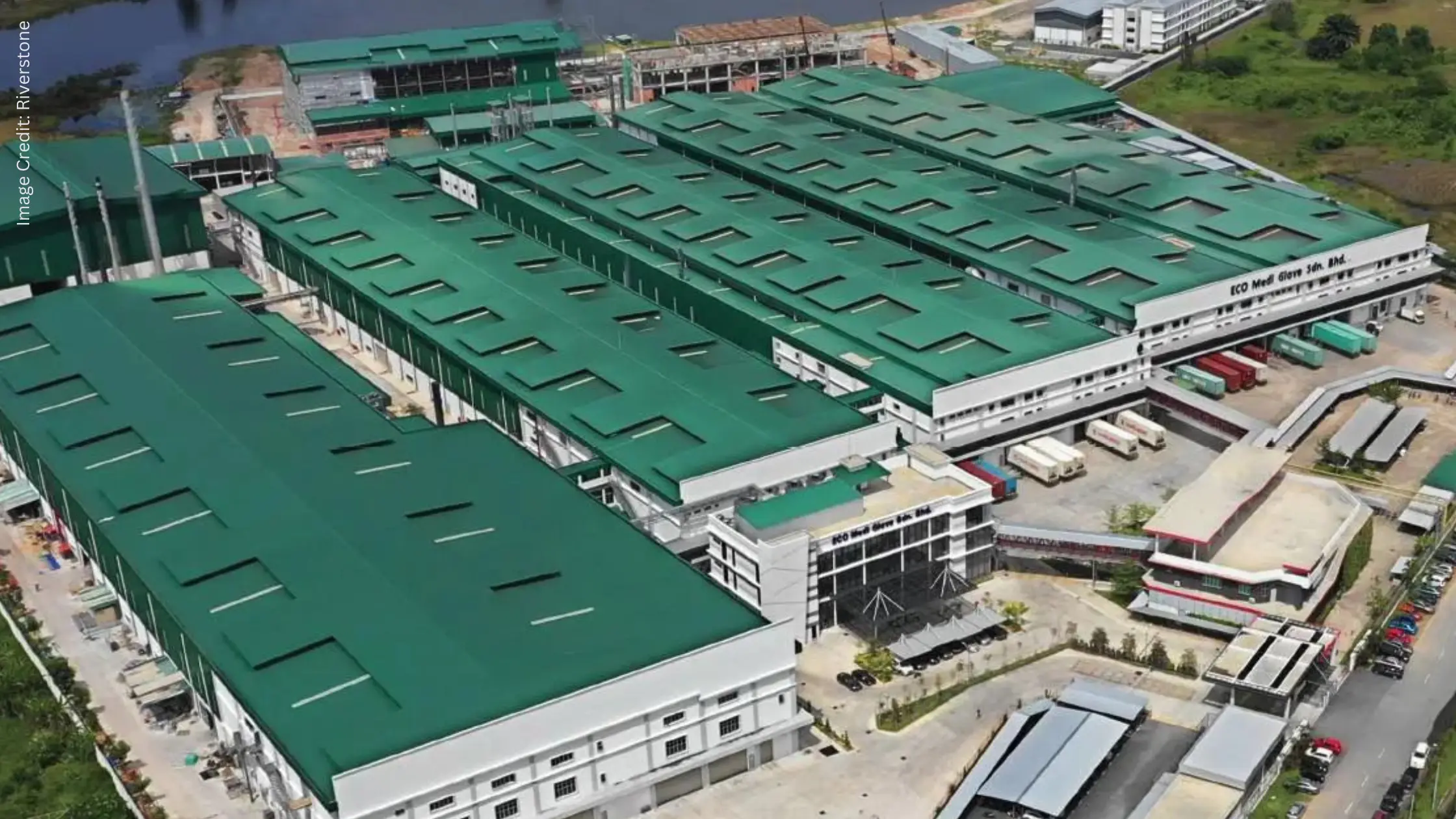Lockdowns in China amid the battle with its biggest COVID-19 outbreak since the pandemic, and the recent earthquake in Japan, have further delayed the waiting time for semiconductor deliveries.
According to research by Susquehanna Financial Group, the lead times, which is the lag between when a chip is ordered and delivered, have increased by two days to 26.6 weeks in March, reaching a new high.
Most chip types, including power management, microcontrollers, analog and memory, have seen an increase in lead times.
The concern is that a prolonged COVID-19 lockdowns in parts of China, coupled with the war in Ukraine, will have lingering effects on severely constrained supply chains throughout the year.
Longer wait time for chips will hurt profitability
The global shortage of semiconductors started in the first half of 2020 when the pandemic first started, led by surge in demand for consumer technology as corporates shifted to remote working.
Given the importance of chips in production of almost everything, from smartphones to pickup trucks, it has led to a surge in supply costs.
With the longer wait times, the costs of chips will pick up further and affect the profit margin of end-product manufacturers, such as smartphone makers or even automotive manufacturers.
Aside from the increase in cost, production will also be affected.
For example, Toyota Motor Corp (TYO: 7203) (NYSE: TM) (LSE: TYT) recently cut its 2022 outlook for the US auto industry’s new car sales, citing the struggles in the supply chain caused by the pandemic and the conflict in Ukraine.
While I believe that some of the higher raw material costs from the increase in chip prices and commodity prices will be passed on to consumers, manufacturers will probably absorb some of the price increases given that inflation is already at a very high level.
Semiconductor players will be winners
It is obvious that most end-product manufacturers that rely on chips will be affected by the chip shortages.
In the near-term, earnings will be affected as both margin and production will come down.
The longer-term impact will be harder to assess but I believe companies with strong pricing power will weather through this disruption and emerge stronger.
Meanwhile, semiconductor players are the clear winners from the shortages of chips.
In fact, I have written five reasons why I think Intel Corporation (NASDAQ: INTC) is a good buy for the long-term shift in the supply chain for the chip industry.
Semiconductor foundry players such as Taiwan Semiconductor Manufacturing Company Ltd (NYSE: TSM) (TPE: 233), also known as TSMC, will also benefit from the shortage disruption.
Overall, I think the recent pullback in its share price is an advantage for investors to build up a position in the dominant leader in the fabrication industry.

Disclaimer: ProsperUs Investment Coach Billy Toh doesn’t own shares of any companies mentioned.








